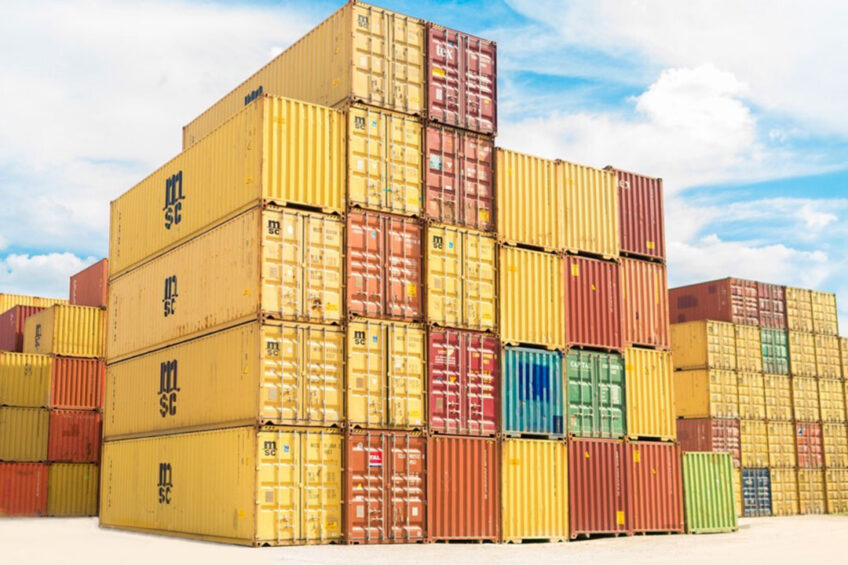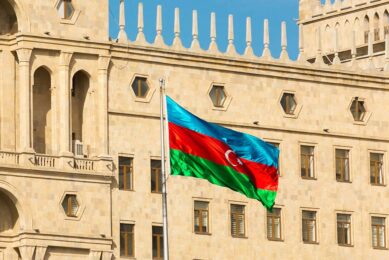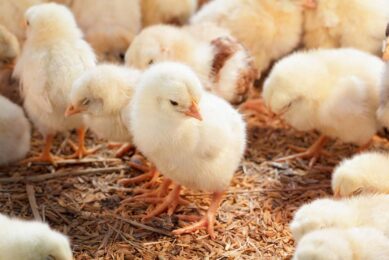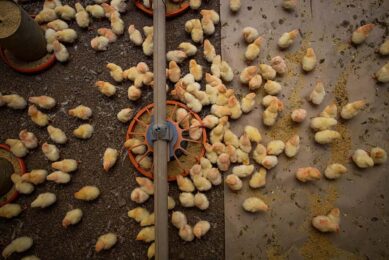Belarus bans poultry exports to constrain food inflation

The Belarussian authorities have unofficially banned poultry exports in a bid to curb food inflation amid the worsening economic situation.
The Russian newspaper, Kommersant, citing its own sources, reported that 7 of Belarus’ largest food companies got a prescription from the authorities to suspend poultry, eggs and dairy exports. The Belarussian Agricultural and Food Ministry reportedly stopped issuing veterinary certificates for poultry exports from 5 October. The decision was justified by a need “to saturate the domestic market”.
New price regulations
On 5 October, Belarussian President Alexander Lukashenko said he had “prohibited inflation” and decided to “freeze food prices”. He also added that, in his understanding, state and private enterprises grew “too fat” from unreasonable price increases.
To fulfil the president’s decision, the government rolled out a new price regulation system at the end of October, under which poultry producers would have to seek permission from several government agencies to raise wholesale prices. In the Belarussian capital, new price tags also had to be approved by the Minsk City Council.
Several other controversial decisions accompanied the step. For example, the authorities prohibited barter deals between food producers and their suppliers, which were seen as a way of partly circumventing the ban on price increases. In addition, all bonuses and reimbursements for the export of Belarussian food products were also forbidden.
The Belarussian poultry companies refused to speak with the Russian press about new export restrictions. On the other hand, the Russian veterinary watchdog, Rosselhoznadzor, told Kommersant that it was not informed about the Belarussian export ban.
Market to feel an impact
Belarus exports between 120,000 and 140,000 tonnes of poultry meat to the Russian market. As the ban comes into force at the end of the year, it is likely to entail a drop in supplies by around 30,000 tonnes in 2022, Kommersant reported, citing its sources in the market.
Besides, the Belarussian decision to suspend egg exports will benefit Russian egg companies, which have been recently hit by fierce competition and a drop in prices.
The Belarussian government is taking steps to limit food inflation amid the deteriorating economic situation in the country.
This year, a prolonged military campaign in Ukraine and additional sanctions created significant downside risks for the Belarussian economy. For instance, the international think tank FocusEconomics projects the economy to contract 6.3% in 2022 and 0.4% in the next year.
 Beheer
Beheer








 WP Admin
WP Admin  Bewerk bericht
Bewerk bericht